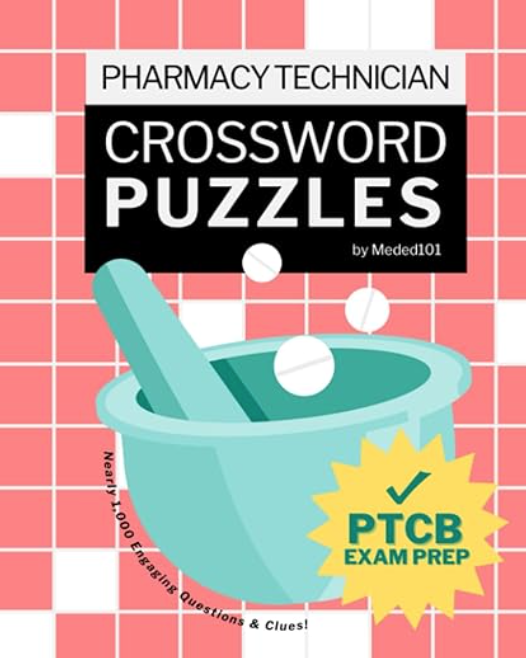There’s always this voice in the back of my head that always cautions me that all that glitters is not gold. After being heralded as the next savior in weight loss by the media, the GLP-1 Agonists/GIP agonists have come under more scrutiny lately in the news. A recent article on CNN details patients who had terrible GI symptoms ever since trying Ozempic and/or Wegovy. I think it is a great read for any healthcare professional as you will likely be asked about this issue. I’ve also been pondering the question of what other medications may complicate the gastroparesis issue. I would love to dig into these individual cases in the article and assess if anticholinergics are playing a role in exacerbating these symptoms. It is also interesting to me that the use of anticholinergics with GLP-1 agonists doesn’t flag as a potential drug even though both can worsen/exacerbate gastroparesis. It is something I consider when I see medications being added to manage gastroparesis (i.e. metoclopramide).
With more use of the GLP-1 agonist medications for weight loss, it was inevitable that we’d hear more about serious, rare adverse effects. We all know that the GLP-1 agonists slow down the gut which is how they promote a sense of fullness allowing people to eat less and lose weight. How slow is too slow though? What other questions need to be studied and assessed?
More To Learn and Study – GLP-1 Agonists and Gastroparesis
There are several questions that I can think of that need to be answered with regard to GLP-1 agonists and gastroparesis.
Common sense tells me that this is likely a dose-dependent issue. This is true of the nausea adverse effect. The higher the dose the greater the incidence. The dose used in diabetes management is lower than the dose used in weight management so maybe there is less risk there? For example, the dosing of semaglutide for diabetes is 2 mg versus 2.4 mg for weight management. Because of this, is this gastroparesis going to be less of an issue in patients taking the drug for diabetes?
Case reports need to be reviewed by a clinical pharmacist (in addition to a physician for medical purposes) to ensure that there are no other medications that may cause or contribute to the issue like the aforementioned anticholinergics.
I’d like to see studies on the combination of GLP-1 agonists and anticholinergic medications. Opioids are another class of medication that are known to slow the gut and this would also be helpful as millions of patients are prescribed opioids every year as well.
In patients reporting new-onset gastroparesis or symptoms of gastroparesis, do the symptoms go away with discontinuation of the GLP-1 agonist? If symptoms do linger, like the ones mentioned in the article, how long do they last? Lifelong?
Do many of the patients reporting gastroparesis already have diabetes (or pre-diabetes) and potential GI nerve damage from hyperglycemia?
I definitely think GLP-1 agonists have a significant role to play in diabetes management and overall agree with the ADA guidelines given the alternatives that cause hypoglycemia and weight gain, but I tend to feel a little more conservative about the weight management role of these medications. The AGA did update their guidelines in 2022 and lists semaglutide and liraglutide as first-line options in addition to a couple of others. I would suspect an endorsement of tirzepatide is on the way as well. It will be interesting to see if the ADA and/or AGA put out any statements to address this possible concern. Longer-term data and more studies would help reduce my concerns.
Every patient is different, but what do you think? Have you seen a new gastroparesis diagnosis following the use of these medications? Are you aggressively recommending these agents for both diabetes and weight management or do these reports give you any hesitation? What other questions do you have that should be studied further?
Looking for more on GLP-1 agonists? I discuss the pancreatitis risk in a previous post.
Eric Christianson, PharmD, BCPS, BCGP
- 30 medication mistakes PDF
- 18+ Page Drug Interaction PDF
- 10 Commandments of Polypharmacy Webinar based on my experiences in clinical practice









The reason why post-marketing studies must be done is to detect issues like gastroparesis that were not reported in clinical trials. There are many examples of serious adverse events with other drugs that caused them to be withdrawn from the market. ALL were heralded as terrific drugs (e.g., rofecoxib lowered GI bleeding by 50% as a RELATIVE difference when the absolute difference was around 0.5%. The prescribing skyrocketed. In the VIGOR Study, there were more MIs in the rofecoxib patients and that was said to be unrelated to the drug).
Another issue is gall bladder disease reported (JAMA Intern Med. 2022;182(5):513-519). The RELATIVE RISK of having a cholecystectomy was 71% higher (actually about 0.4% higher, but if the “benefit” is relative then why not the risk?
You can add to the list of the things to ponder with GLP-1 is suicide. Yo uar correct in all that glitters is not gold. https://www.healthline.com/health-news/ozempic-wegovy-suicidal-thoughts#Ozempic-and-other-GLP-1-drugs-are-not-directly-linked-with-suicidal-ideation . This is being investigated in Europe.